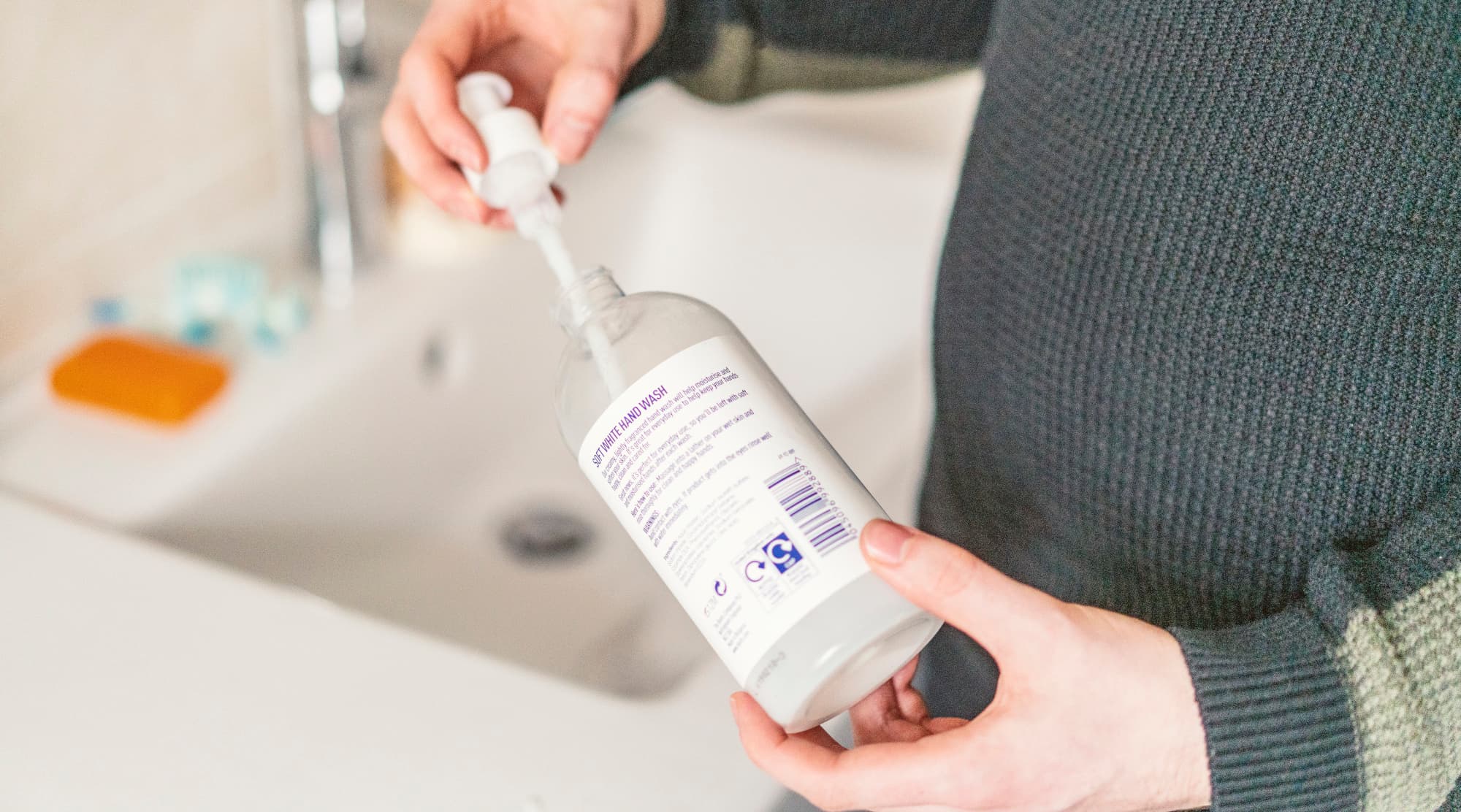Plastic is one of the most popular and useful materials of modern times and it is important that we optimise the lifespan of plastics as much as possible. Worldwide we produce 300 million tonnes of plastic each year and most people are re-using and recycling their plastics.
Why is it important to recycle plastic?
Plastic is a popular and highly versatile material, and we use a lot of it. Re-using and recycling items as many times as possible can reduce our need to create new plastic.
This means we can:
Conserve non-renewable fossil fuels (oil);
Reduce the consumption of energy used in the production of new plastic;
Reduce emission of gases like carbon dioxide into the atmosphere.
How is plastic recycled?
All councils in Wales collect plastic bottles, pots, tubs and trays. Once collected, these plastic items are separated from other materials and sorted by polymer type, shredded, washed, melted, pelletised and made into new products.
Sorting is mainly done automatically with a manual sort to ensure all contaminants have been removed;
Once sorted and cleaned, plastic can either be shredded into flakes or melt processed to form pellets before finally being moulded into new products.
It takes just 25 recycled plastic bottles to make a new fleece hoodie or sweater. If we don’t recycle all the plastic bottles, pots, tubs and trays from around our homes, their potential is lost forever.
How is recycled plastic used?
A wide range of products can be made from recycled plastic including:
Drinks bottles and food trays;
Polyester fabric for clothing;
Wheeled bins and food caddies;
Refuse sacks and carrier bags;
Composters and wormeries;
Wheel arch liners and bumpers on cars;
Damp proof membranes;
Reusable crates and pallets;
Flowerpots, seed trays, watering cans and water butts.
How to recycle plastic
Plastic bottles, tubs and trays
Plastic bottles of all kinds are usually made from two types of plastic that are easy to recycle - PET and HDPE. Currently, 99% of all UK local councils now offer collection facilities for plastic bottles either through household recycling collections or at Recycling Centres. In addition, more and more local councils offer collections for mixed plastics packaging such as pots, tubs and trays. Many people are already recycling plastics but by entering your postcode into our Recycling Locator you can check which types of plastic your local council collects to ensure you are recycling as many plastics as possible, including those from the kitchen and bathroom!
Plastic bags and wrappings
In Wales, no plastic film can currently be recycled at home, but they can often be recycled at out of home recycling points.
If you’re unable to take your plastic film items to an out of home recycling point and you need to dispose of these at home, please place all the examples listed on our ‘Plastic film’ page inside your bag or bin for non-recyclable waste.
Compostable plastic
Some types of plastic may say they are compostable in a home composter. These types of plastic should not go in your dry recycling collection or garden waste bin however, as they cannot be recycled in the same way as non-biodegradable plastic.
Understanding symbols on plastic packaging
It can be confusing at times to understand how to recycle some items. Symbols on plastic packaging can help to explain which type of plastic they're made of and how to recycle them - find out more about understanding recycling symbols.
